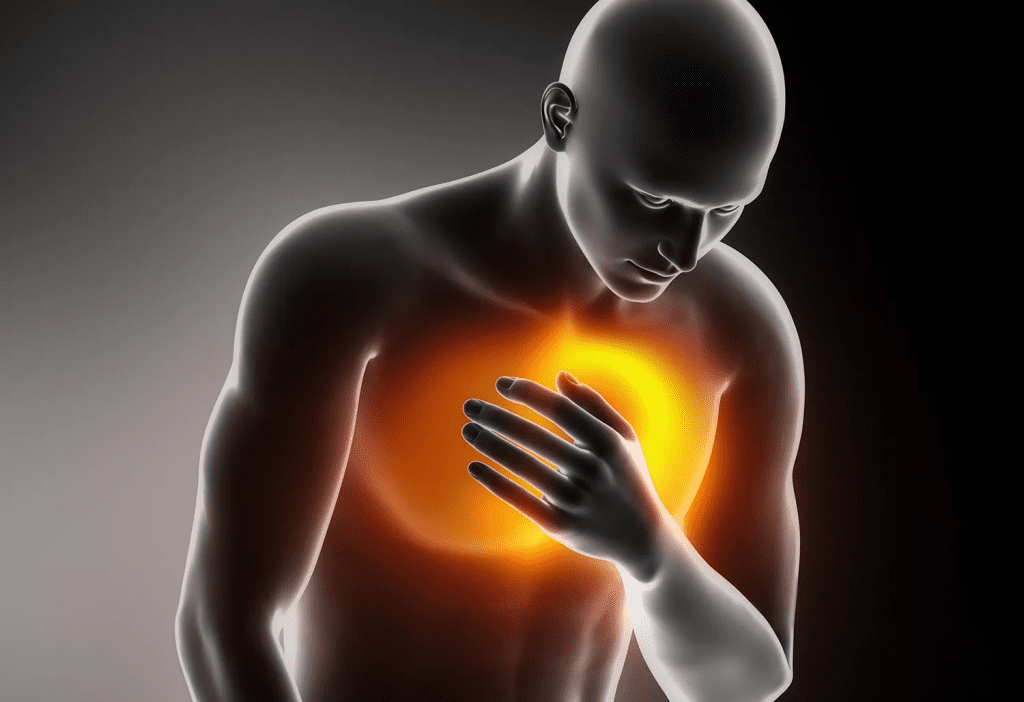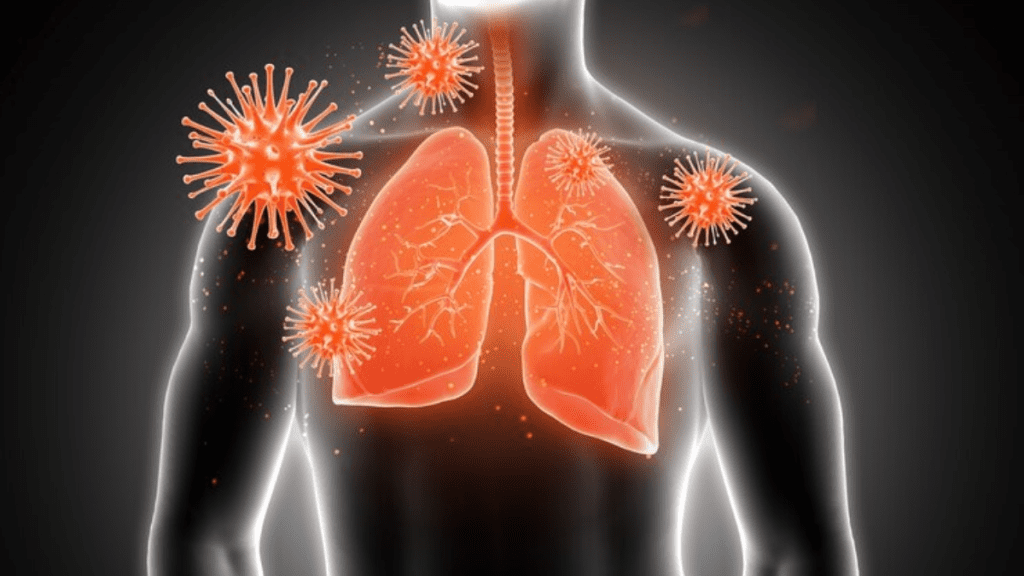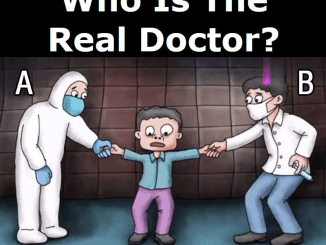Lung cancer continues to be one of the most deadly forms of cancer globally, claiming millions of lives each year. One of the most significant barriers to overcoming this disease is late detection, often because the early symptoms of lung cancer are subtle or mistaken for less serious conditions. The importance of recognizing these early signs cannot be overstated. The earlier lung cancer is diagnosed, the better the chances of successful treatment and survival.

In this article, we’ll discuss the most common early symptoms of lung cancer. If you notice any of these symptoms, seeking prompt medical advice could be life-saving.
1. Persistent Cough: A Red Flag for Lung Health
A cough that doesn’t go away, especially one that lasts for several weeks or gets progressively worse, is one of the first warning signs of lung cancer. Many people may attribute this cough to seasonal allergies, a cold, or even smoking, but if it persists, it’s crucial to consult with a healthcare professional.
If you’re experiencing a cough that lingers, don’t dismiss it. Early detection of lung cancer often begins with addressing these seemingly minor but persistent symptoms. Even if it’s not related to cancer, a lingering cough could indicate another underlying condition that warrants attention.
2. Changes in a Chronic Cough: Noticing Differences Matters
For individuals who already have a chronic cough, particularly smokers or those with pre-existing respiratory issues, paying attention to any changes is essential. Changes in the nature of a cough—such as increased frequency, a shift in the type of mucus produced, or discomfort while coughing—could indicate lung cancer in its early stages.
It’s important not to overlook these changes, as early intervention can significantly improve outcomes. If your chronic cough feels different or is suddenly accompanied by pain, it’s time to schedule a medical evaluation.
3. Shortness of Breath: A Symptom Not to Ignore
Experiencing shortness of breath during activities that were previously easy—such as climbing stairs or light exercise—could be an early sign of lung cancer. When tumors obstruct airways or cause fluid buildup in the lungs, breathing becomes more challenging.

If you suddenly find yourself struggling to catch your breath during routine activities, don’t brush it off as just being out of shape or tired. This symptom is your body’s way of signaling that something may be wrong, and it’s crucial to seek medical advice immediately.
4. Chest Pain: More Than Just a Muscle Strain
Chest pain is a symptom that’s often dismissed, especially if it’s not severe or is intermittent. However, persistent chest pain that doesn’t go away could be a sign of lung cancer. This type of pain is typically deep and persistent, and it may extend to the shoulder or back.
It’s important to recognize that this discomfort is not related to an injury or overexertion. If you experience unexplained chest pain, particularly if it’s accompanied by other symptoms like coughing or breathlessness, it’s time to see a doctor.
5. Hoarseness: A Change in Your Voice Can Be a Warning Sign
If your voice becomes hoarse and stays that way for more than two weeks, it’s not something to ignore. Hoarseness, especially when prolonged, can be linked to lung cancer. The cause may be a tumor pressing on the nerve that controls the voice box, leading to noticeable changes in your voice.
While temporary hoarseness can result from a simple throat infection or irritation, if it persists, you should get it checked out, as it may be indicative of a more serious condition.
6. Unexplained Weight Loss and Loss of Appetite: Cancer Warning Signs
Weight loss without trying can seem like a dream come true for some, but unexplained weight loss is often a cause for concern. A sudden and unintentional drop in weight, combined with a loss of appetite, is frequently associated with cancers, including lung cancer.

If you’re losing weight and have no clear explanation for it, and it’s accompanied by symptoms like fatigue or shortness of breath, you need to consult your healthcare provider. These signs, particularly when grouped together, could point to an underlying cancerous process.
7. Fatigue: When Tiredness Feels Overwhelming
We all feel tired from time to time, but extreme fatigue with no clear cause is another symptom to watch for. Fatigue associated with lung cancer tends to be more intense and persistent than normal tiredness. It doesn’t go away after rest and can feel debilitating.
If you’re experiencing overwhelming fatigue in combination with other lung cancer symptoms, such as breathlessness, persistent cough, or weight loss, it’s critical to seek medical attention as soon as possible.
8. Finger Clubbing: A Physical Symptom of Lung Cancer
While it may not be as widely recognized, thickened, painful fingertips—also known as finger clubbing—are a common symptom of lung cancer. This occurs because lung tumors can release chemicals into the bloodstream that spur the growth of bone and tissue in the fingertips. As a result, the tips of the fingers become swollen, thickened, or rounded.

If you notice unusual changes in the shape or thickness of your fingertips, it’s essential to bring this to the attention of your healthcare provider.
The Importance of Early Detection in Lung Cancer
Recognizing and addressing these symptoms early can dramatically improve the chances of treating lung cancer effectively. Early-stage lung cancer is more likely to respond to treatment, and survival rates are significantly higher when the disease is caught before it spreads.
It’s also crucial to understand that lung cancer can affect non-smokers as well. While smoking is a major risk factor, environmental factors, genetic predispositions, and exposure to harmful substances can also lead to lung cancer. Therefore, it’s important for everyone to be vigilant and aware of the symptoms.

Conclusion: Act Quickly, Save Lives
Lung cancer may be one of the deadliest cancers, but early detection can be a game-changer. By staying alert to the warning signs like persistent coughs, shortness of breath, and unexplained weight loss, you can take control of your health and seek medical attention before the disease progresses.
Don’t ignore these symptoms or hesitate to consult a healthcare provider. The sooner you recognize the signs, the better your chances of a positive outcome. Early detection remains the best defense against lung cancer—protect yourself by being proactive.


